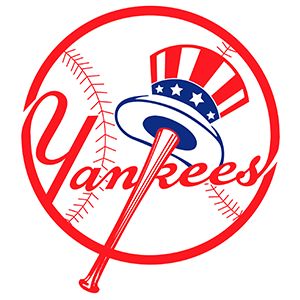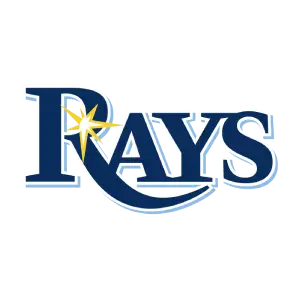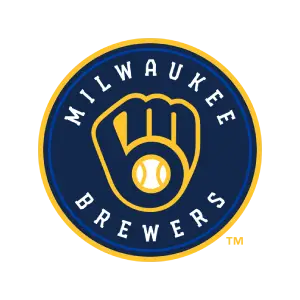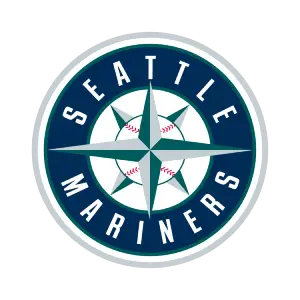Tech Giants Under Fire for Illegal Gambling Apps
Apple, Meta, and Google Are Being Sued in Relation to Illegal Sports Betting Apps
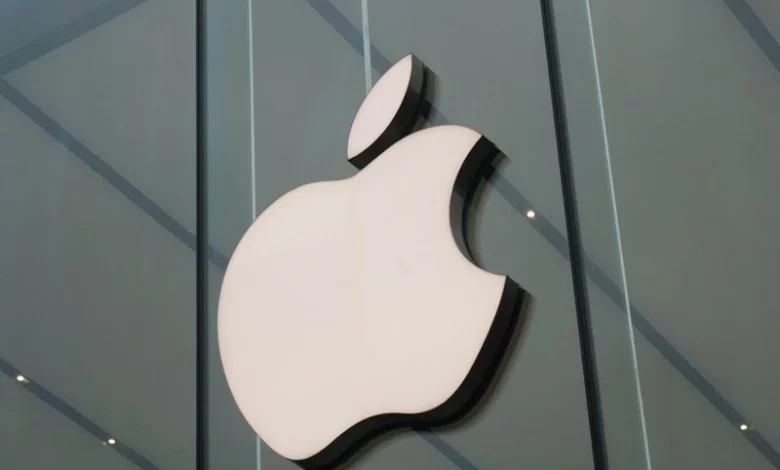
What Will the Outcome Be?
The betting news this time involves the big names in tech. Apple, Meta (formerly Facebook), and Google are facing legal challenges regarding their alleged immunity from lawsuits related to illegal gambling apps available on their platforms.
This ongoing debate raises questions about corporate responsibility and the regulation of online content.
Legal Battle Over Immunity
At the center of the dispute are lawsuits filed against Apple, Meta, and Google, alleging that they are not entitled to immunity under Section 230 of the Communications Decency Act.
While this law typically shields online platforms from liability for content posted by third parties, exceptions are made for unlawful activities such as illegal online gambling transactions.
The plaintiffs argue that the tech giants should be held accountable for facilitating the distribution of illegal gambling apps through their app stores which allow anyone to go betting online without restrictions or controls.
Despite initial rulings in favor of the companies, the cases have been elevated to the Ninth Circuit for further review, signaling the potential for a significant legal precedent to be established.
Mark Perry, representing Apple, argues that the way the plaintiffs want to regulate online gambling is just way too complicated. They’d have to watch every single transaction of a billion users across all gambling apps, all the time, on top of figuring out where everyone is located.
Perry throws in a couple more points. Apparently, courts have already protected companies like Apple in similar situations before. He also says the plaintiffs haven’t built a strong enough case to change the current law.
The Legal Arguments
During oral arguments, attorneys representing the tech giants emphasized the distinction between platforms and content creators, asserting that they merely provide a space for third-party content to be published.
They contend that hosting these apps does not equate to endorsing or participating in unlawful activities but constitutes protected speech under Section 230.
Conversely, attorneys for the plaintiffs argue that the companies cannot evade liability by invoking Section 230 immunity. They contend that the distribution of illegal gambling apps constitutes a form of publication, thereby warranting accountability from the platforms.
Implications for the Industry
The outcome of these lawsuits can reshape the landscape of online regulation for sports betting content and corporate accountability. If the Ninth Circuit rules in favor of the plaintiffs, it could signal a shift towards greater scrutiny of tech platforms and their role in facilitating illegal activities.
A decision favoring the tech giants could reinforce existing legal protections for online intermediaries, reaffirming their immunity from certain forms of liability.
Stakeholders across the tech and gambling industries are closely monitoring the developments. The outcome of this case could set a precedent for future disputes involving online content regulation and corporate responsibility, shaping the trajectory of digital governance for years to come.
For gambling news, odds analysis, and more, visit Point Spreads Sports Magazine.


